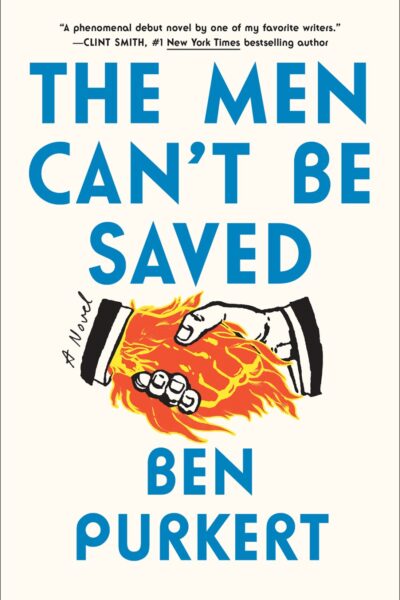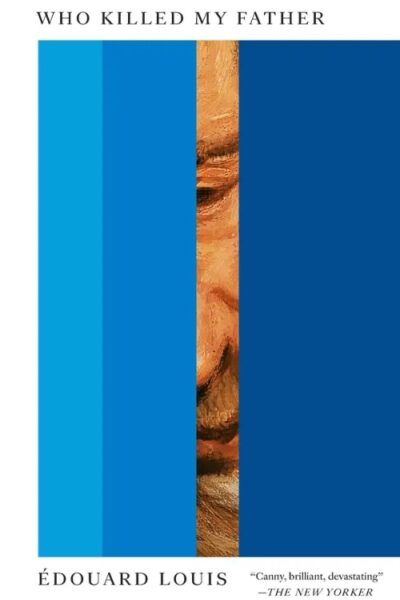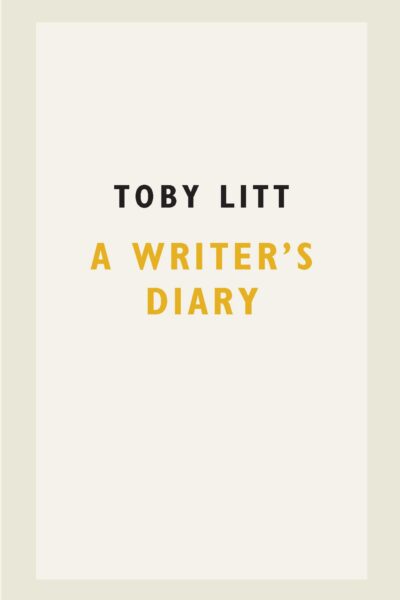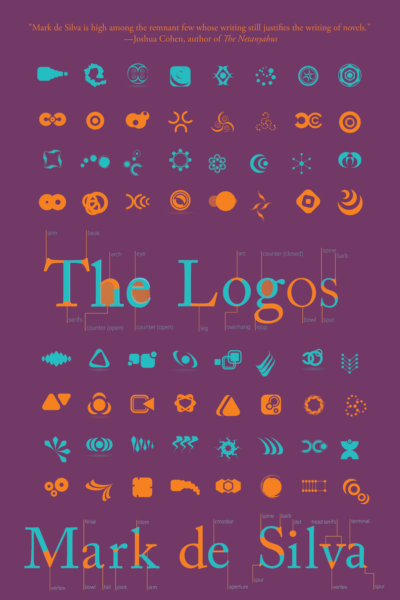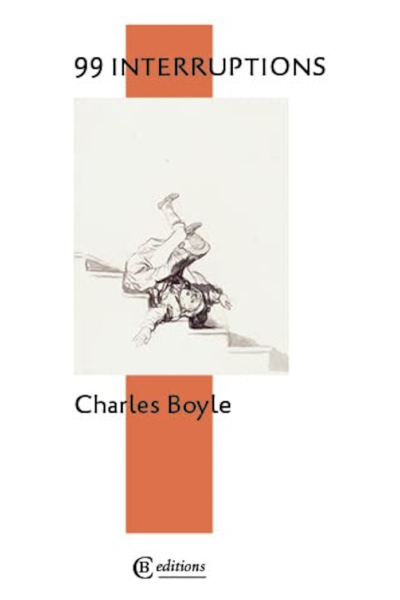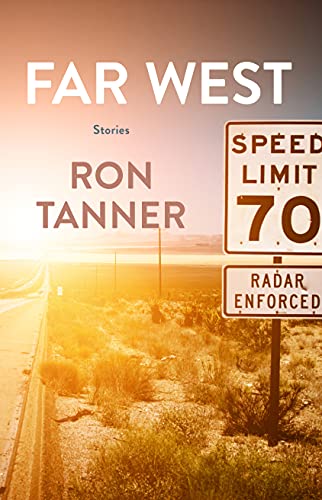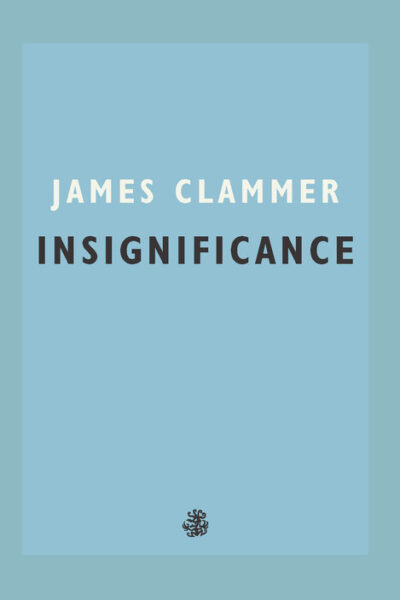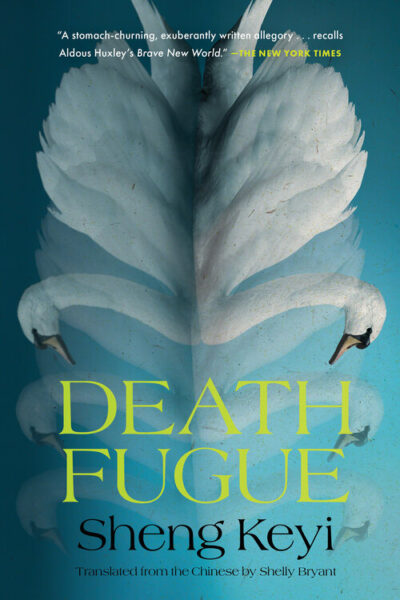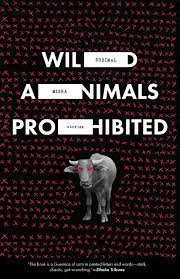The Men Can’t Be Saved – Ben Purkert
Just like the professions of advertising and commerce, perhaps even preaching, these men distort reality, create false versions of themselves to convince an audience they are functioning successfully.
Always Crashing in the Same Car – Lance Olsen
[Olsen’s novel] doesn’t blur the lines between history and invention, fiction and nonfiction—it doesn’t recognize the existence of these lines in the first place.
Who Killed My Father — Édouard Louis
Édouard Louis’s father is not dead, but the political ruling class in France have, in one way or another, killed him. And Louis intends to name names.
Litt reveals himself to be more than just a writer, just as his diary is more than just a diary. In the end, we get everything, as promised: a life in a year and a year in a life—an everything diary.
The artist and narrator of The Logos has a gift for capturing the acute essence of his subjects.
99 Interruptions – Charles Boyle
A slim, hybrid collection of thoughts, memories, wisdom, [it] may feel slight in the hand but it sits heavily in the heart.
All of the lives described in Far West are in some way beholden to the mercy of their surroundings, its influence inescapable.
Insignificance – James Clammer
By portraying a seemingly insignificant but accurate world, Clammer has managed to produce a novel that in its own charming, offbeat, blue collar way, feels highly significant indeed.
DEATH FUGUE is an allegorical tale as chilling in parts as anything by Atwood or Zamyatin, yet told with airy, fitful surrealism. It is both reposeful and purposeful, an unerringly calm vision of beauty and terror.
Wild Animals Prohibited: Stories/Anti-Stories – Subimal Misra
WILD ANIMALS PROHIBITED is a remarkable collection of strange, unwelcoming stories, with a serious desire to disrupt complacent attitudes of the literary world.



